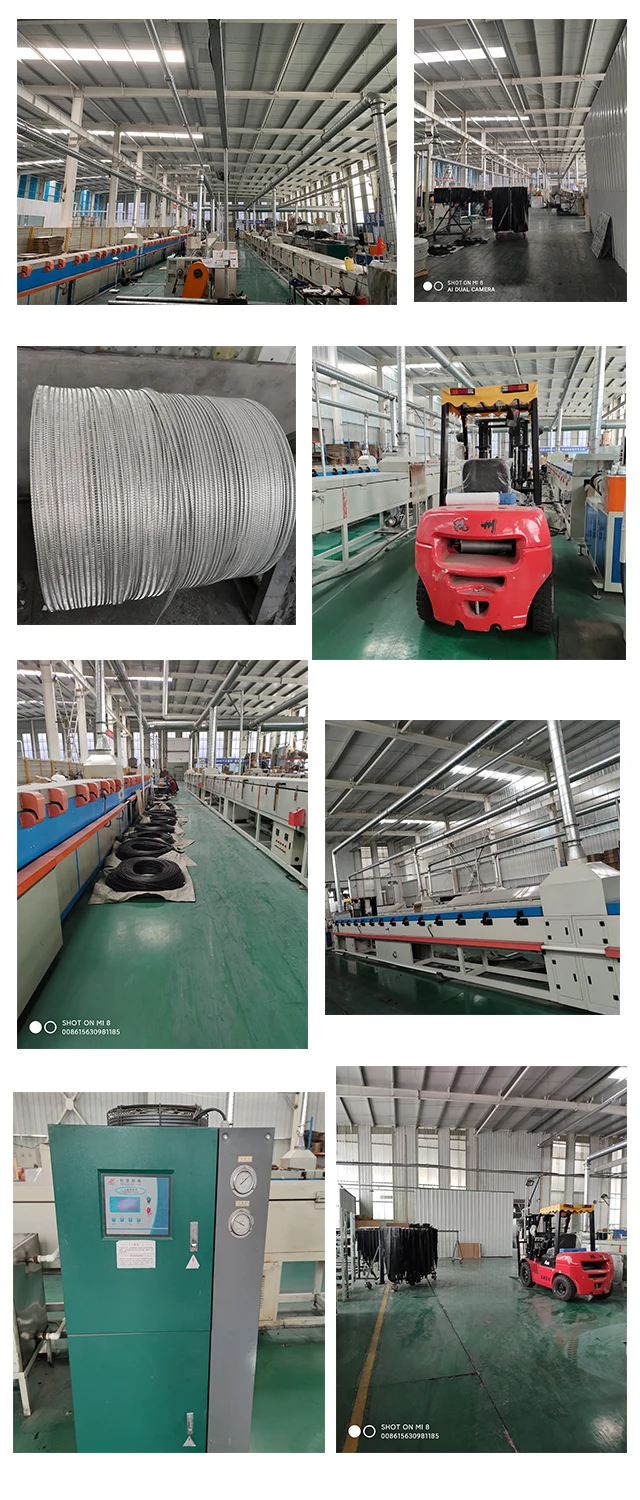1. For Frothy Bloat The administration of antifrothing agents, such as poloxalene or simethicone, can help break down the stable foam, allowing gas to escape. In severe cases, inserting a stomach tube may be necessary to relieve pressure while administering these medications.







